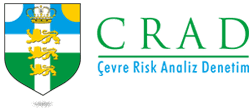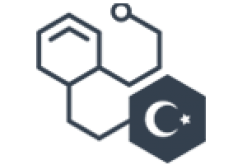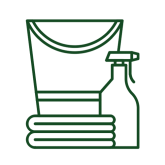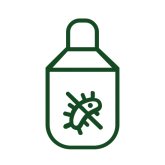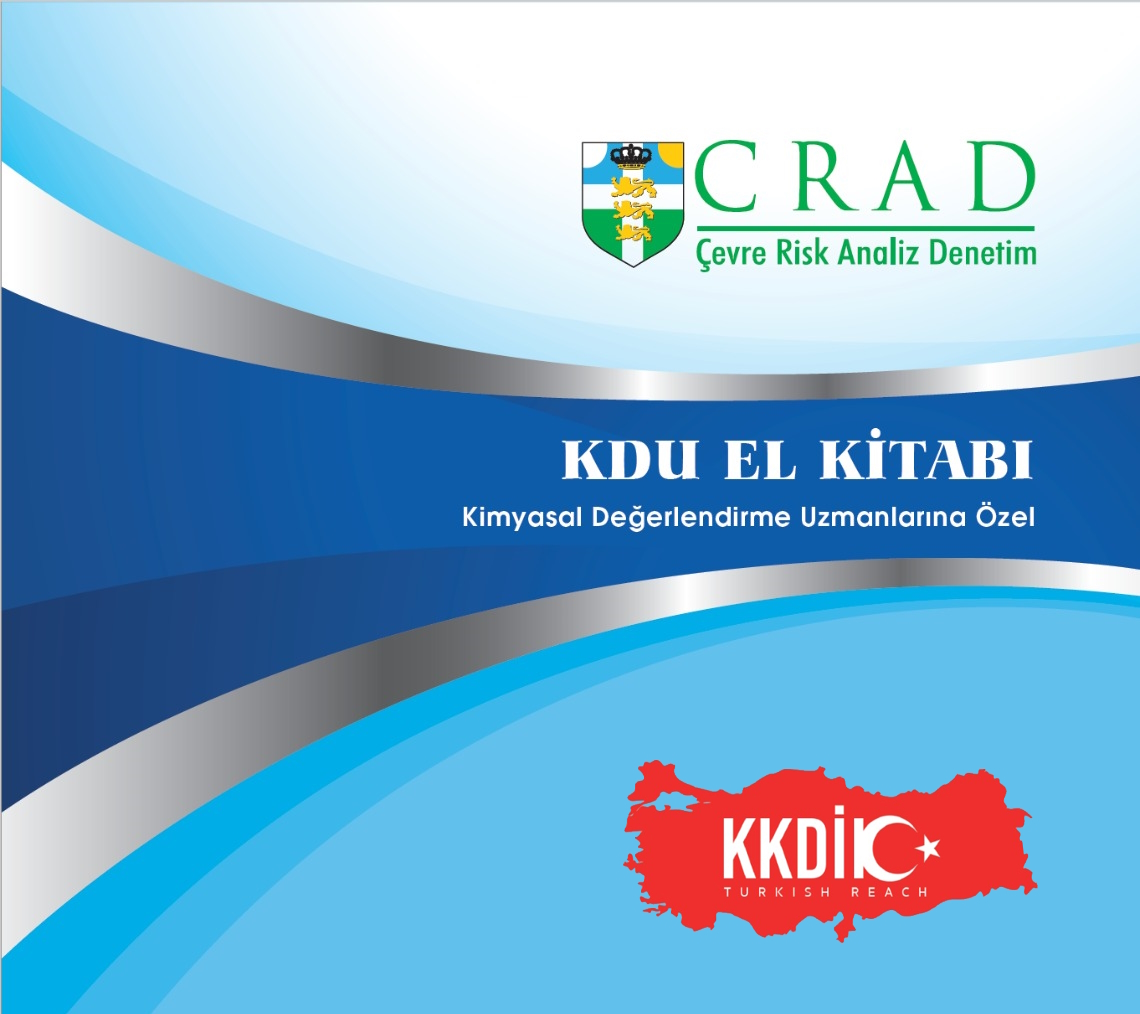RECENT DEVELOPMENTS IN TERMS OF TURKISH CHEMICAL LEGISLATION WITHIN THE FRAMEWORK OF THE EU ACCESSION NEGOTIATIONS
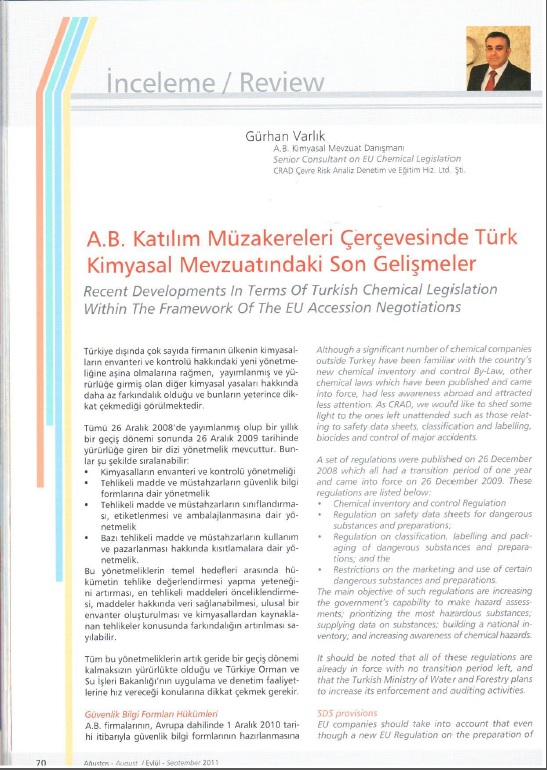 Boyatürk Magazine - 2011 August-September
Boyatürk Magazine - 2011 August-September
Although a significant number of chemical companies outside Turkey have been familiar with the country’s new chemical inventory and control By-Law, other chemical laws which have been published and came into force, had less awareness abroad and attracted less attention. As CRAD, we would like to shed some light to the ones left unattended such as those relating to safety data sheets, classification and labelling, biocides and control of major accidents.
A set of regulations were published on 26 December 2008 which all had a transition period of one year and came into force on 26 December 2009. These regulations are listed below:
• Chemical inventory and control Regulation
• Regulation on safety data sheets for dangerous substances and preparations;
• Regulation on classification, labelling and packaging of dangerous substances and preparations; and the
• Restrictions on the marketing and use of certain dangerous substances and preparations.
The main objective of such regulations are increasing the government’s capability to make hazard assessments; prioritizing the most hazardous substances; supplying data on substances; building a national inventory; and increasing awareness of chemical hazards.
It should be noted that all of these regulations are already in force with no transition period left, and that the Turkish Ministry of Water and Forestry plans to increase its enforcement and auditing activities.
SDS provisions
EU companies should take into account that even though a new EU Regulation on the preparation of safety data sheets came into force in the EU on 1 December 2010, Turkey still continues to use the former SDS format, as set out in the former Annex II of REACH.
The requirements of the Turkish SDS Regulation can be listed as follows: Chemical names, risk and safety phrases, and section headings to be in Turkish. However, compared to the ministry’s implementation, some SDSs contain mistranslated phrases and section headings, even in those drawn up by trusted SDS IT systems.
The other requirement of the Regulation is a locally certified person to generate and authorize the SDS and provide his certification upon request. The submission of electronic copies of SDSs to the ministry is mandatory in case a substance or mixture is exported for the first time and any revision of classification or other information. As Turkey has not implemented REACH yet, a citation which will include “according to 1907/2006 EC’’ in an SDS, does not comply with the Turkish SDS Regulation.
CLP Regulation
The Turkish Regulation on classification, labelling and packaging of dangerous substances and preparations brought Turkish law into line with the 29th adaptation to technical progress of the EU dangerous substances Directive.
Turkey plans to implement requirements the same as those set out in the EU CLP Regulation by the end of 2012. But before this date Turkey will continue to use the previous EU symbols and classification system and CLP labelling will not be officially accepted as the Regulation is not harmonized and there is no official translation of hazard and precautionary phrases available yet.
All exporters are strongly advised to use the EU labelling system and requirements that were in effect before the EU CLP Regulation came into force for areas such as label and symbol size and readability but they should use Turkish symbol names and risk and safety phrases because the provisions regarding language for SDSs also apply to labels.
Biocides Regulation
The 1998 EU biocidal products Directive is being implemented in Turkey by the Ministry of Health, which published the Regulation on biocidal products on 31 December 2009. It requires manufacturers and importers of biocidal products to make a provisional application for their products that are on the market.
Looking from the scope of Paints and coatings industry this has impact on the members of the industry that has products in PT 7-8-10-21 and rarely PT 19.
Antifouling paints, wood preservatives and film preservatives are group of products that are in the main focus and scope of the regulation.
To make a provisional application of a product to the inventory, companies must submit a data form providing the active substance, formulation details and product type, with a Turkish Reg. compliant SDS and a sample label that meets the Regulation’s special provisions as well as those of the standard chemical labelling. After the provisional application has been approved by the ministry, companies can apply for product registration. Products that have been regulated and registered by other authorities or other departments within the ministry prior to the Regulation are allowed to be on the market until the date their former authorisation expires. However, the provisional application obligation still applies.
Products that are on the market has a deadline of 30 December 2011 to submit a registration dossier in order to keep their existence on the market after that date, as a biocidal product that does not have a dossier submitted could be withdrawn from the market or custom clearance might be refused after this date. In particular, product types 1-5 and 14, 18 and 19, which are more likely to be used by the general public, must have submitted authorisation applications before 30 December.
Industry’s main concern is that these deadlines fall before active substance evaluations will be completed under the EU Directive by rapporteur Member States. If an active substance fails to pass the assessments, the Turkish product authorisation prior to the assessment might be wasted or a short transition period might be given in return of the registration.
The authorizations given by the Ministry of Health are valid for a period of six years.
Gürhan Varlık
Senior Consultant on EU Chemical Legislation
CRAD Çevre Risk Analiz Denetim ve Eğitim Hizmt.Ltd.Şti.
